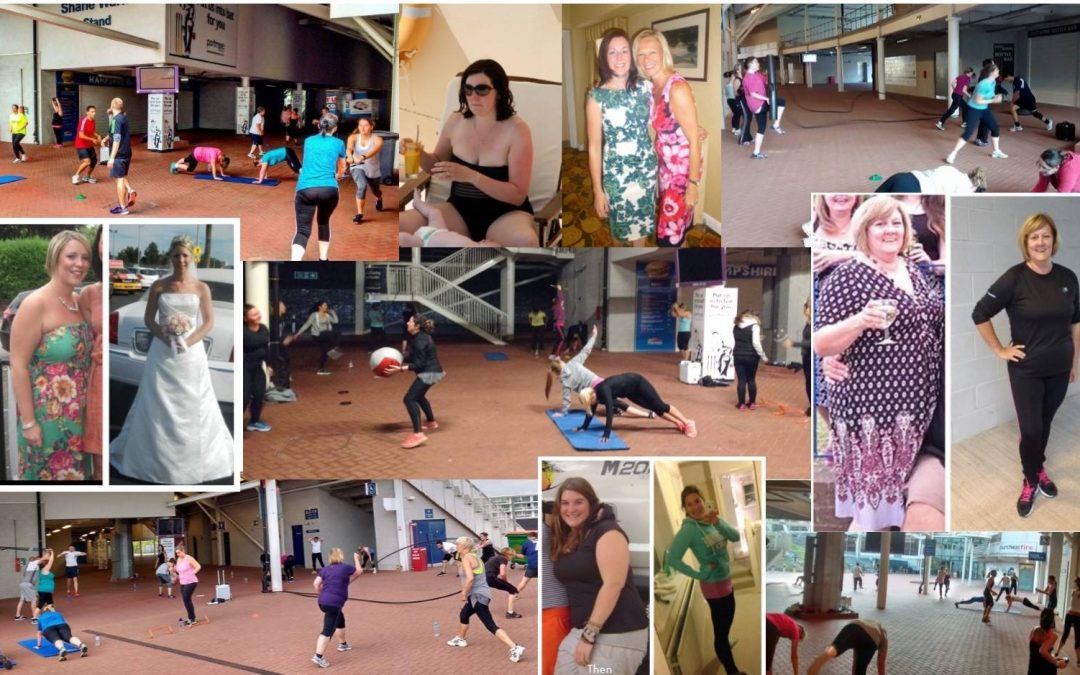Don’t wait for a health scare to kick-start your taking care of yourself, there’s plenty you can do to avoid being a statistic…
I recently read a research study that found only one in every 210 obese men and one in 124 obese women ever return to a normal weight once they have passed that point on the scales.
Everyone knows I’m not a fan of the scales, I weigh neither myself, my personal training clients or boot camp attendees – but unfortunately, this is how obesity and what makes a healthy BMI are both measured.
My first thought was why the preventative measures don’t seem to be working. Health is sadly not a priority for everyone, and combined with a huge amount of out-dated information (remember the government eat-well plate…?) and the idea that you can easily buy a product or pay a professional to do the work for you, are also all contributing factors.
It often takes some sort of crisis, such as the diagnosis of an obesity-related illness/loss of a loved one, for people to start taking real action (actually doing something, rather than just planning to.) I’ve been there myself and would start my ‘new diet’ every Monday morning, often abandoning it by lunchtime.
This is what getting out of your comfort zone truly is about! Hard work is taking a good honest look at yourself and your behaviours. It’s not just about exercising and pushing yourself as hard as you can.
I believe those in a position to support and encourage positive behavioural changes could help change things greatly with the correct skills, such as health industry workers and even GPs.
By looking at daily habits, unhelpful behaviours can be identified. A great example of this is keeping a food diary, something which helps my personal trainer clients identify unhealthy habits like overeating.
Rather than focusing on the ‘what’ aspect of what it is you want to achieve, think about the ‘how’ of how you are going to do it. When there is no sense of ‘how’ it is going to happen, it is all too easy to lose sight of even believing it can happen.
I believe in treating the cause rather than the symptoms. This applies to both physical ailments like injuries/pain, and psychological behaviours such as emotional eating. Identifying where this behaviour is coming from, rather than treating secondary symptoms such as depression is a huge step towards stopping it happening.
Life is short, precious and every moment there to be enjoyed and cherished. The only person who can ensure this happens is you!


